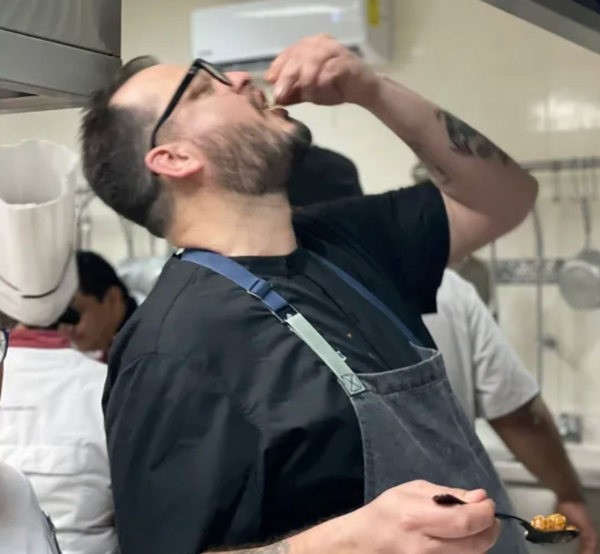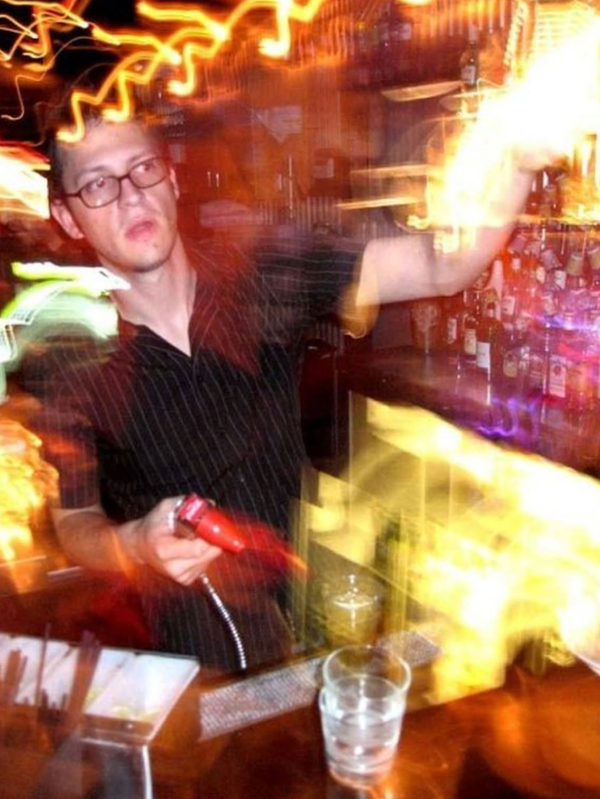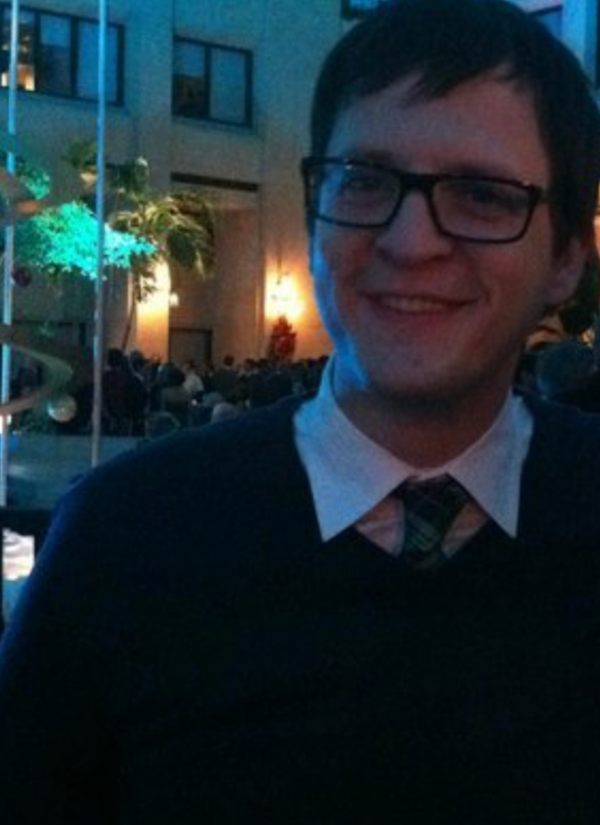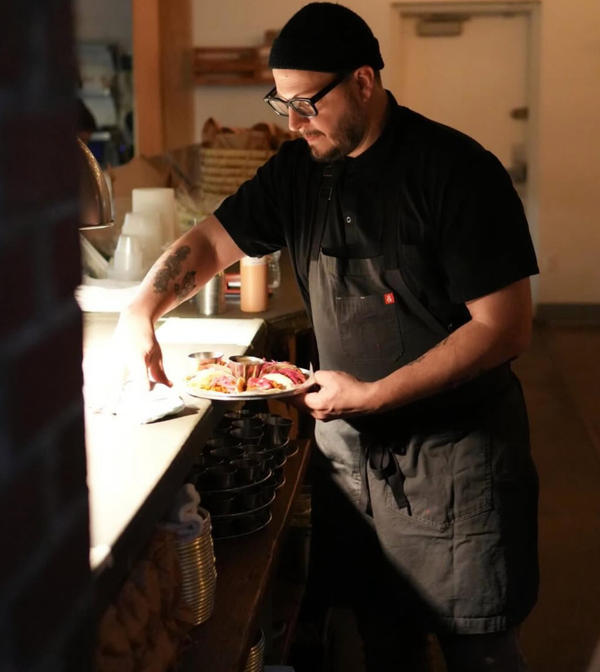The Trouble With Gods
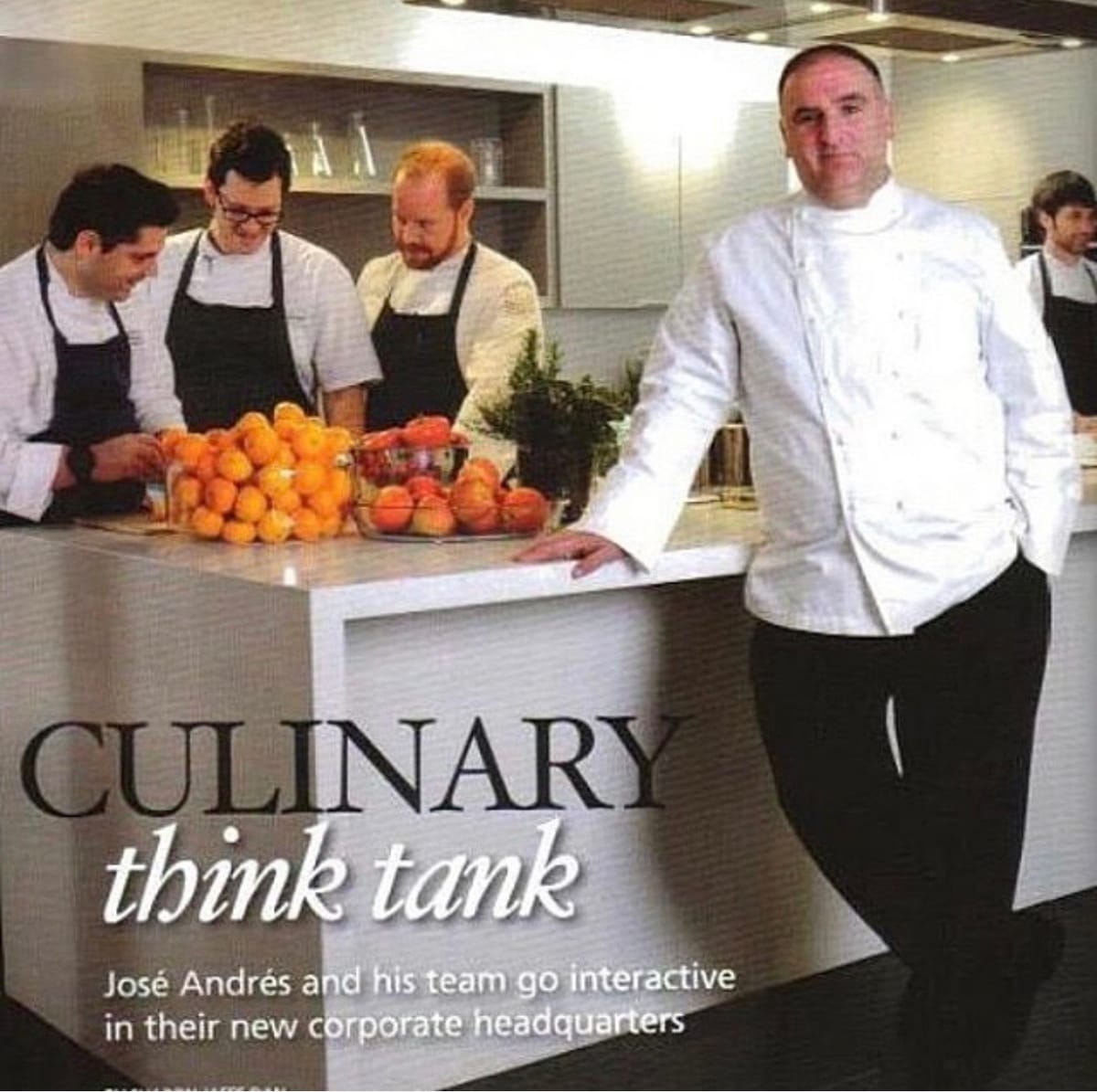
I used to think meeting your heroes was the thing that would change you, that shaking the hand of the chef whose food made you feel funny…down there, or finally getting yelled at in that kitchen and rubbing shoulders with those cooks, would somehow baptize you in purpose and ability. It would make the crease on your chef jacket sharper and the precision of your cuts immaculate. Spoiler: It doesn’t.
Most of the time it just fucks you up.
You walk into those grandiose stainless steel temples expecting light, and you find smoke. You find burnouts in whites, saints with short tempers, and geniuses who haven’t eaten a proper meal in a week. You see people who’ve built empires out of fear and then call it standards (stares sternly and unblinking at the White House). And somewhere between your first 90-hour week and your fifth double espresso at 3 a.m., you realize you’ve been worshipping the wrong gods.
Then you try to become one yourself , only to find out it’s a terrible gig.
Because the truth is, being “the chef” means living in that thin line between control and collapse. You have to be the storm and the stillness at once. You get to hold everyone together while you’re quietly, yet turbulently, disintegrating on the inside. You smile through prep, put out fires (literal and emotional), and somehow manage to be both therapist and executioner before family meal time. And as the young ones in the restaurant like to ascertain when reality hits them – it's lonely at the top.
There’s this thing that happens to you when you’ve spent enough time in the restaurant trenches, your body learns the rhythm of pain. You stop flinching when you get burned. You stop counting cuts. You stop reacting to the sound of tickets raining down like gunfire. The body adapts. The mind doesn’t. You build scars on the outside and cracks on the inside, and everyone applauds your “composure.” They say it gets easier, it doesn’t. Your threshold for chaos and agony just gets higher.
There were nights I’d stand in the walk-in just to breathe, forehead pressed against a box of cilantro, trying not to scream or punch a wall. Sometimes compulsively rapid-fire stuffing prepped dessert components in my mouth (sorry pastry chefs!) just to find calm and attempt to regulate. Staring at the back door, telling myself “I could just leave and it would all stop. Right here. Right Now.”
So many times I’d go home so wired from service that I’d sit in my car for an hour (I still do this, it's called self-care), still hearing the printer spitting out orders in my head. Replaying the communication that went wrong, the hard conversation waiting for the morning, the continuous panic of whether or not I forgot to place an order. I’d convince myself this was the price of ambition, that real chefs hurt. They sacrifice the self. What a stupid fucking lie.
I used to think if I could just be better, sharper, faster, more disciplined. I could become the chef I wished I’d had when I was a young cook. Someone who gave a shit. Someone who didn’t confuse being a dick with leadership.
But here’s the thing about trying to be a better version of what broke you: you end up fighting ghosts that no one else can see.
The kids in my kitchen don’t know the monsters I trained under. They don’t know what it was like to get a sauté pan thrown right back at you because your beurre monté seemed "careless" and your brunoise looked “lazy.” They just know that I check in on them too much, that I tell them to drink water, eat something and go see a doctor when they need it, that I let them play their shitty music during prep and set up. They think I’m soft.
And honestly? Maybe I am. But fuck it, softness takes more guts, know-how, and smarts than rage. And rage is fucking exhausting.
Sometimes I watch them work, loud, cocky, messy, invincible, and I see myself, twenty years ago, running on ego, fragility and caffeine and both the blind certainty that I knew everything and the crippling fear of failure and rejection. They don’t see the cracks forming yet. They don’t know how the years will peel away their certainty, how they’ll eventually trade arrogance for endurance, perfection for peace. I can’t tell them that. You can’t tell anyone that. You can only stand back and let them cook, let them burn, let them learn.
The hardest part of mentorship isn’t teaching technique, it’s shutting the fuck up and letting someone else fail in peace.
You want to step in, fix everything, save them from the pain you know is coming. But if you do, they never grow. You just rob them of their necessary bruises. And you build yourself that proverbial Sysiphusean boulder that only gets bigger the more you try and step in.
Delegation, it turns out, isn’t about efficiency, it’s about faith. You trust someone else to care as much as you do, even when you know they can’t, not yet.
And that’s the real heartbreak of leadership, knowing that sometimes, no matter how good your intentions, you’ll still be the dick in someone else’s story. The person who pushed too hard, who didn’t say enough, who couldn’t save them from the burn.
Another water cooler topic is all this talk about balance, as if it’s some magical alignment you reach for after enough therapy, yoga and kombucha. Balance is bullshit. You don’t balance the restaurant, you manage it. You live close enough to the edge to feel present, but just far enough not to disappear. You accept that the line between passion and self-destruction is a moving target, and you keep dancing anyway. Sometimes surviving it. Sometimes letting yourself fall in it.
The older I get, the more I realize this whole game: cooking, leading, living, surviving, is about endurance, not glory. The ones who last aren’t the loudest, or the most talented. They’re the ones who learn when to walk away, when to breathe, when to admit they’re wrong, that they are human. It’s not a glamorous kind of resilience. It’s silent. It’s stubborn. It’s just getting up the next day and opening the doors once again.
So yeah, I’ve met my heroes. Some were kind, most were tired, all were flawed humans, like myself. Now I’m here, older, hopefully wiser, definitely more sarcastic and constantly trying to beat the cynicism, doing my best not to become the kind of chef that made me hate this work in the first place.
I’ll never be the perfect mentor, but maybe that’s the point. Perfection breeds fear and pause. Honesty builds trust and movement. And trust, not talent, is what actually keeps a kitchen team alive.
La Ofrenda: The Dichotomy of it All
- On Mentorship: You can’t make someone ready. You can only make space for them to become ready.
- On Ego: The restaurant itself will humble you faster than any critic ever could. Let it.
- On Delegation: Trust is the riskiest form of leadership and the only one that works.
- On Balance: Stop chasing it. Stand in the heat long enough to learn what burns and what cooks.
- On Reflection: Every “I know it all” face you see is just a mirror of the person you used to be: hungry, stubborn, full of bullshit, and somehow still worth believing in.

